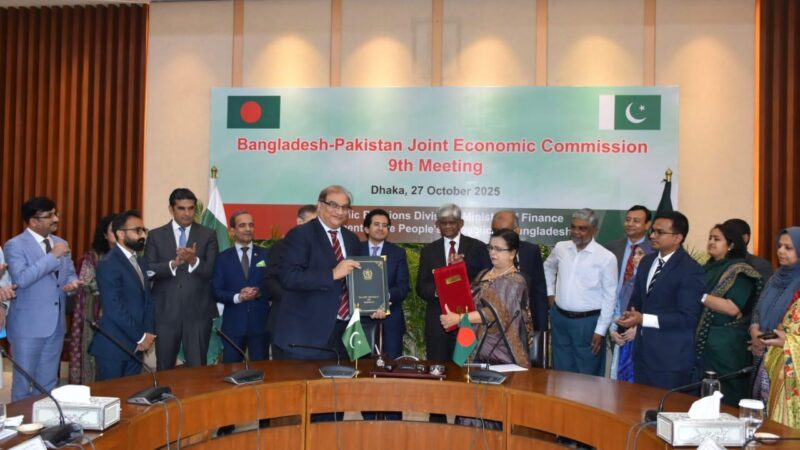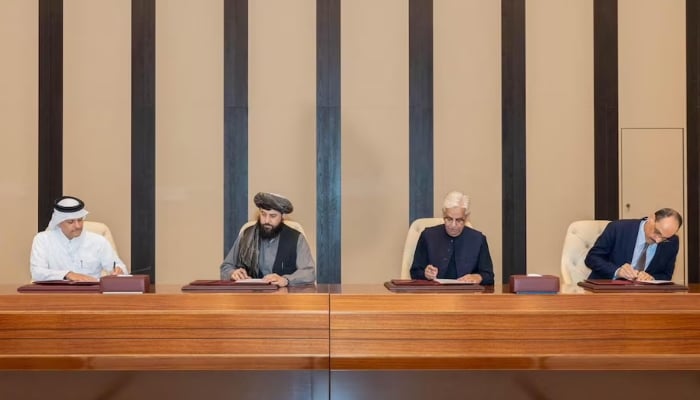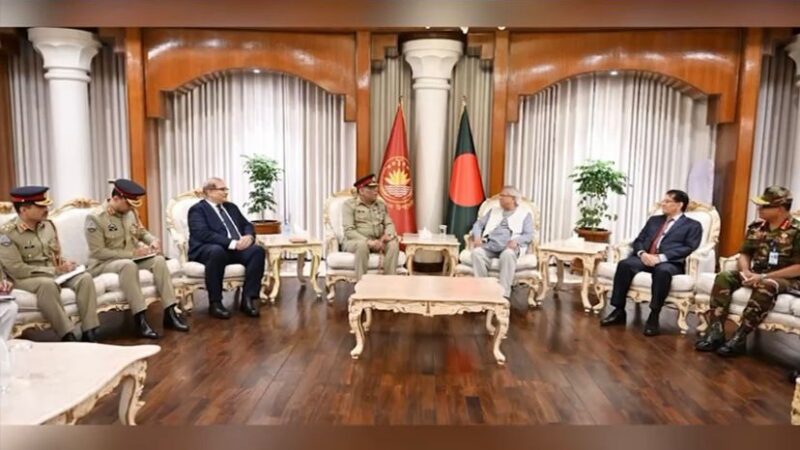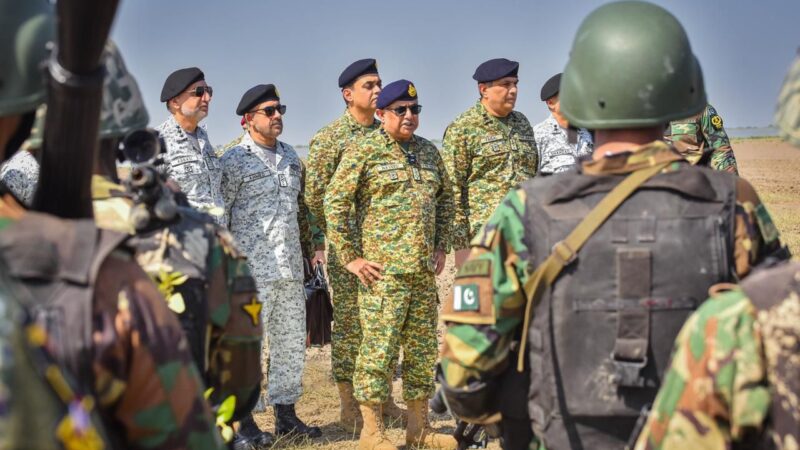Pakistan has put forward “clear, evidence-based and solution-oriented” demands to the Afghan Taliban in talks on cross-border militancy, but security sources said the group’s defiance and lack of cooperation have raised doubts about its sincerity.
According to the sources, the Afghan Taliban have shown inflexibility to cooperate or acknowledge ground realities, a stance that has become increasingly clear to other mediating parties as well.
The sources said Turkiye is trying to bridge the gap by helping the Taliban delegation grasp the evidence and the gravity of Pakistan’s concerns. However, officials said progress will depend on whether the Taliban engage with seriousness and abandon their current intransigence.
The two sides resumed talks in Istanbul under the mediation of Turkish intelligence chief Ibrahim Kalin, shortly after the Taliban delegation submitted its response to Islamabad’s proposals.
Pakistan, sources said, presented its final position to the Afghan side, making it clear that any tolerance or shelter for militants targeting Pakistan would not be acceptable.
During the second round of discussions, Islamabad urged the Taliban regime to take concrete and definitive steps to dismantle terrorist networks operating from Afghan soil.
Security officials said the Taliban’s arguments during the exchanges were “illogical and detached from ground realities,” reinforcing doubts about their willingness to work towards genuine regional stability.
Officials added that further progress in the talks hinges entirely on the Taliban’s attitude and readiness to cooperate in good faith.
In the first phase of the talks in Istanbul on Saturday, Pakistan submitted a counterterrorism plan to the Afghan Taliban in an effort to address cross-border terrorism emanating from the Afghan soil.
Kabul responded to the plan at 2am late Sunday night.
The negotiations in Istanbul, Turkiye, are the second round of the peace talks, which began between the two nations in Qatar’s Doha on October 19.
Mediated by Qatar and Turkiye, the first round of talks saw the two sides agree to a ceasefire, following intense border clashes, instigated by the Taliban regime.
Pakistan launched a retaliatory campaign after the Taliban, aided by their affiliated militants, resorted to unprovoked firing along the border.
Pakistan Armed Forces repelled multiple attacks on their border posts, killing over 200 Taliban and affiliated militants. However, 23 soldiers embraced martyrdom during the border clashes.
Pakistan also conducted “precision strikes” in Afghanistan’s Kandahar province and Kabul, destroying terrorists’ multiple strongholds.
Following the clashes, Pakistan closed its border crossings with the neighbouring country, saying that the lives of Pakistanis were more important than the movement of goods or trade.
Meanwhile, Islamabad continues to raise its concerns over the Taliban regime acting as an Indian proxy against it.
Speaking to reporters in Sialkot on Saturday, Defence Minister Khawaja Asif said that India was fighting a proxy war using the Afghan Taliban.
He warned of an “all-out war” with the Afghan Taliban regime in case the peace talks failed.
However, Asif — who led the Pakistani delegation in the Doha talks — said that he felt an urge for peace during those negotiations.





